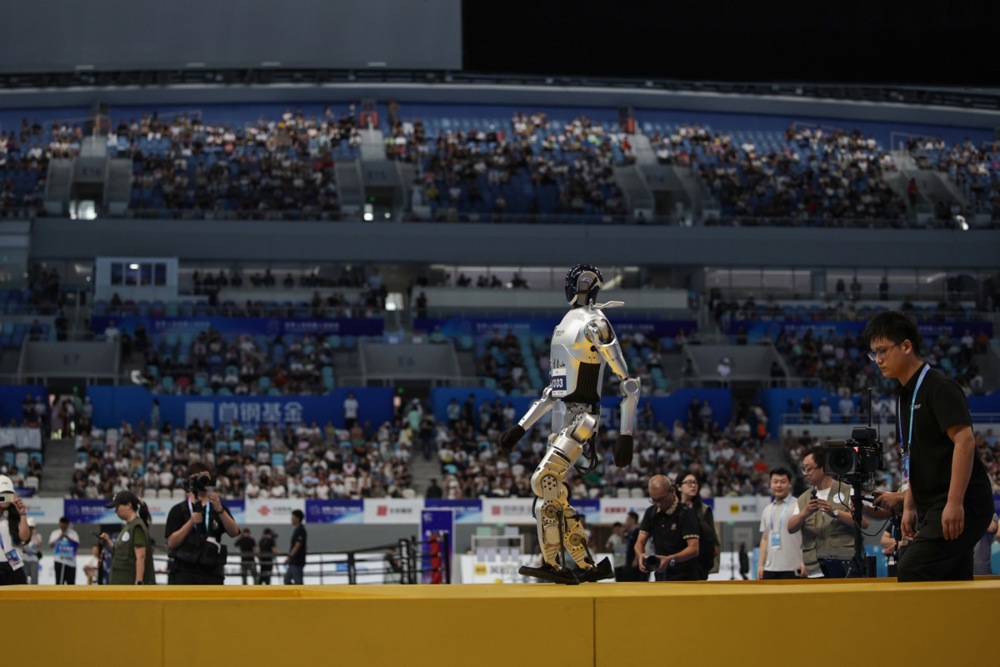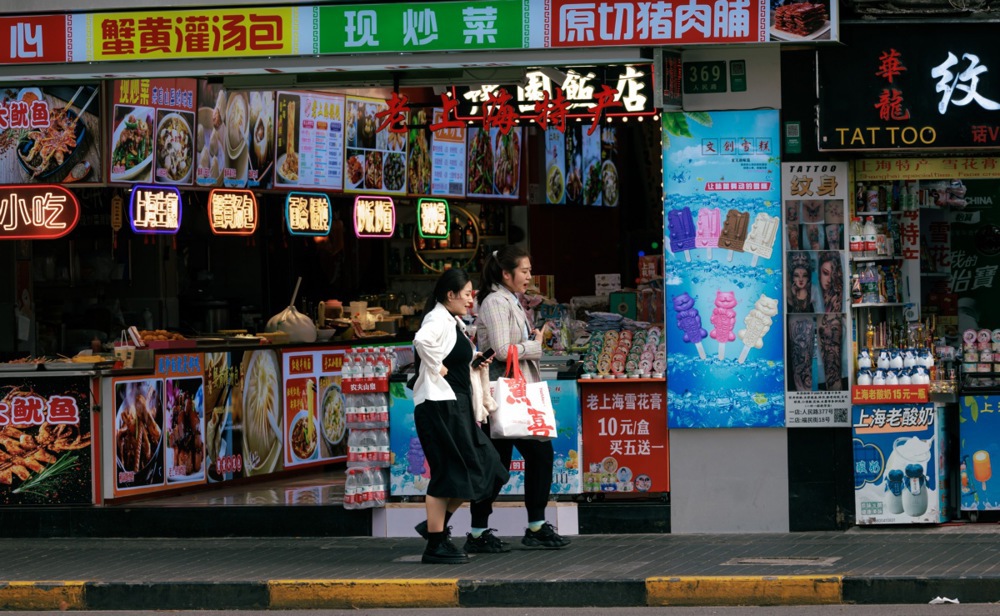China is tightening its grip on materials Europe needs for sensitive technologies such as defence, despite those materials not being officially restricted.
Beijing said on November 9 it would suspend its ban on exports of gallium, germanium and antimony to the US, but only under a licensing system controlled by China’s Ministry of Commerce, it said.
In practice, exporters still need Beijing’s approval before anything moves, which gives Chinese officials a clear way to map European defence industries, Joris Teer, a leading analyst at the European Institute for Security Studies, said at the antimony summit in Brussels on November 17.
Representatives of the European Commission said they believed the EU may also be covered by it, although it was announced for the US. The EC said a few days ago it had received no firm guarantee the bloc was also covered.
Teer said China uses export licences to “keep tabs” on Europe’s defence-related supply chains. He added that Beijing learns which factories depend on which materials simply by forcing exporters to file detailed paperwork.
According to him, the real vulnerability for Europe is at the processing stage, where China dominates, giving it leverage even over materials the European Union considers “non-critical” at the mining level.
In April, China placed several critical minerals needed for defence on an export-control list, adding to a list of minerals of which export is banned or restricted.
The October ban suspension would allow more minerals to be exported but would require licences for products containing just trace amounts of the metals and would effectively block any shipment linked to military use.
A report from the Brussels-based Egmont Institute published a few days ago shows how China is also mapping US defence industry and the risks this has for Europe, too.
It says US and China are now caught in a “mirror game” of export controls, with each side’s rules feeding into the other.
China uses its licensing regime not just to restrict shipments but to gather intelligence on foreign production and maintain leverage over the EU in future negotiations.
“Every new restriction, even if suspended or delayed, creates pressure on European companies to rethink supply chains, often deepening dependence instead of reducing it,” it reads.
An EC economic analysis from September said the EU is almost entirely reliant on China for heavy rare earths and still overwhelmingly depends on Chinese producers for light rare earths.
Those materials are crucial for defence equipment, clean-tech production and satellite components, all sectors now exposed to China’s tightening export-rule environment, the analysis said.
Michal Spiechowicz, from the EC’s Directorate General for Defence, said this dependency reaches deep into Europe’s defence and space production.
He warned that China’s growing dominance is not only in exporting such materials but also processing them.
“It’s not just mining, it’s what happens after — refining and processing — where we have almost no alternative outside China,” he said.
Some European companies are responding to China’s export controls by relocating parts of their production to China, trying to avoid delays or blocked shipments, said Albéric Mongrenier, Executive Director of the European Initiative for Energy Security.
But he warned this could backfire: “Moving production into China may protect short-term supply but it deepens Europe’s dependence and hands leverage to Beijing over the very industries we want to safeguard,” he said.
The practice risks locking European defence and space companies into supply chains fully under Chinese control, thus making them vulnerable to future licensing decisions or sudden restrictions.
“What we see is a pattern: licensing and export controls are not just trade tools, they are instruments to track and influence Europe’s industrial base,” Mongrenier said.
He added that the EU’s list of strategic raw materials already includes key inputs for defence and space production, meaning that any sudden shift in China’s licensing process can disrupt projects, delay production and push up costs.
Mongrenier warned that in the absence of formal bans, uncertainty itself forces companies to rethink investment and supply-chain decisions, slowing down strategic projects for space and defence.





